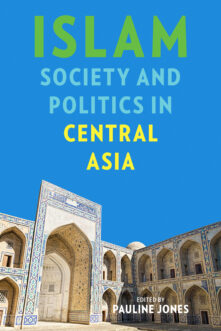Books
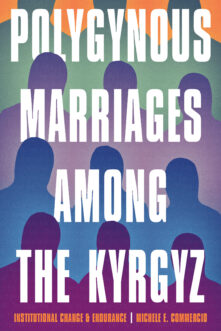
Polygynous Marriages among the Kyrgyz
Institutional Change and Endurance
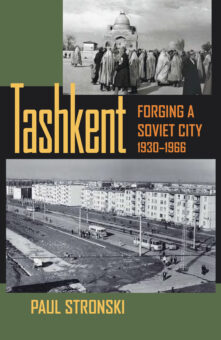
Tashkent
Forging a Soviet City, 1930–1966
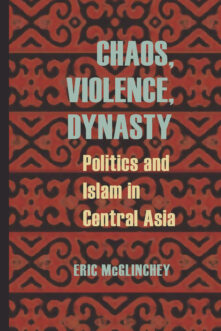
Chaos, Violence, Dynasty
Politics and Islam in Central Asia
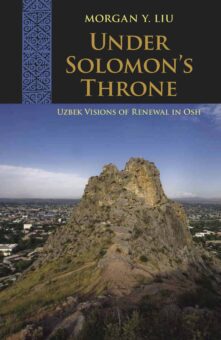
Under Solomon’s Throne
Uzbek Visions of Renewal in Osh
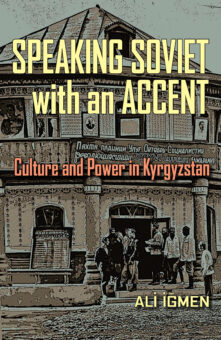
Speaking Soviet with an Accent
Culture and Power in Kyrgyzstan
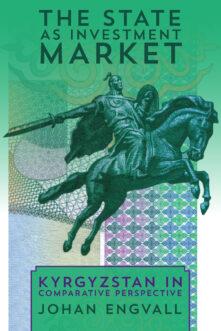
The State as Investment Market
Kyrgyzstan in Comparative Perspective
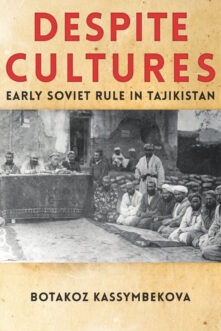
Despite Cultures
Early Soviet Rule in Tajikistan
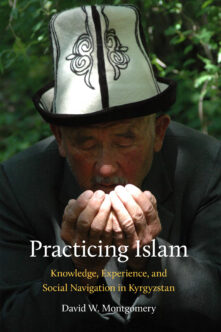
Practicing Islam
Knowledge, Experience, and Social Navigation in Kyrgyzstan
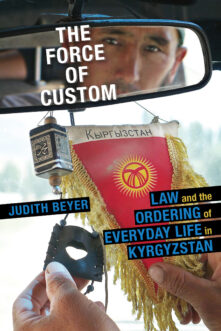
The Force of Custom
Law and the Ordering of Everyday Life in Kyrgyzstan
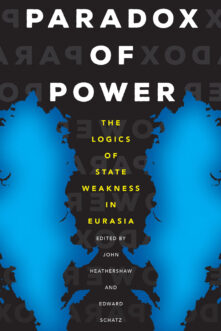
Paradox of Power
The Logics of State Weakness in Eurasia
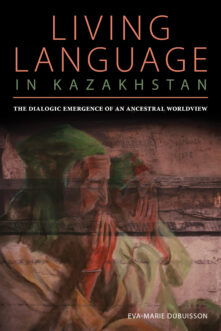
Living Language in Kazakhstan
The Dialogic Emergence of an Ancestral Worldview
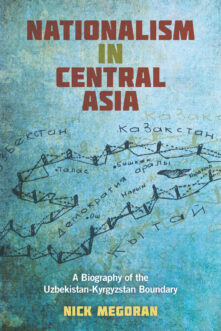
Nationalism in Central Asia
A Biography of the Uzbekistan-Kyrgyzstan Boundary
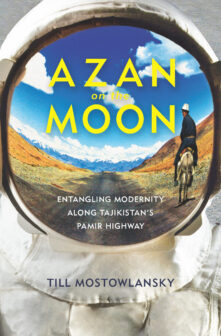
Azan on the Moon
Entangling Modernity along Tajikistan's Pamir Highway
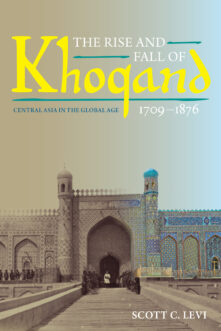
The Rise and Fall of Khoqand, 1709-1876
Central Asia in the Global Age
Total 22 results found.


